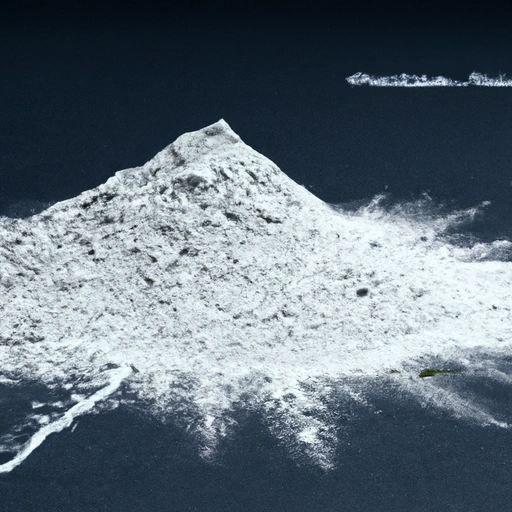Non-Fat Dry Milk
Description

Non-fat dry milk, also known as skim milk powder, is a versatile ingredient commonly used in food recipes. It is made by removing most of the water from pasteurized skim milk. It contains all the soluble vitamins and minerals found in fresh milk and is a convenient alternative for those looking to incorporate milk into their cooking without the added fat content. Non-fat dry milk is available in different unit measurements, catering to a global audience, including ounces (oz), grams (g), and milliliters (ml) when reconstituted.
Common uses
Non-fat dry milk is often used as a milk substitute in coffee and tea, in the preparation of confectioneries, and as a non-perishable alternative for liquid milk in recipes.
Nutritional value
Calories
One cup (68 grams or approximately 2.4 ounces) of non-fat dry milk provides about 240 calories (1004 kilojoules).
Protein
Each cup contains around 24 grams of protein, making it a high-protein, low-fat option for meals and snacks.
Fat
As the name suggests, non-fat dry milk contains no fat, making it a low-fat ingredient suitable for low-fat diets.
Carbohydrates
It contains about 36 grams of carbohydrates per cup, predominantly in the form of lactose.
Vitamins
Non-fat dry milk is fortified with vitamins A and D and also contains some B-vitamins naturally found in milk.
Minerals
It is a good source of calcium and phosphorus, critical for bone health, and contains trace amounts of other essential minerals.
Health benefits
Consuming non-fat dry milk can contribute to muscle development due to its protein content, support bone health with its calcium and phosphorus, and provide essential fat-soluble vitamins without the added fat.
Potential risks
Those with lactose intolerance or a milk allergy should avoid non-fat dry milk. Overconsumption can lead to an excessive intake of calcium, potentially resulting in health issues such as kidney stones.
Common recipes
Non-fat dry milk is used in baked goods like bread, cookies, and cakes for improved structure and tenderness. It's also used in making yogurt, chocolate, and pancake mixes.
Cooking methods
It can be rehydrated and used as liquid milk or added dry to provide a creamy texture to gravies, sauces, and soups.
Pairing with other ingredients
It pairs well with ingredients like sugar for sweetness, cocoa for chocolate-flavored dishes, and flour in various baking recipes.
Summary
Non-fat dry milk is a convenient, low-fat ingredient packed with proteins and essential nutrients. It's a versatile ingredient adaptable to a broad range of recipes and provides health benefits particularly useful for those seeking to reduce their fat intake. However, it should be consumed in moderation, especially by individuals with specific dietary restrictions.